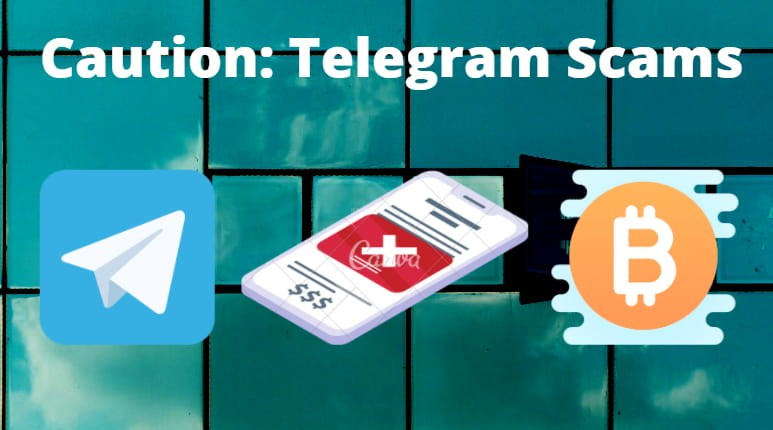
Telegram prepaid scam
The internet has opened up endless opportunities, from social networking to remote work. However, with these conveniences come risks—scammers are constantly finding new ways to deceive unsuspecting users. In this blog, we will uncover some of the most common social media and communication scams, along with fraudulent work-from-home schemes. Stay alert and protect yourself from digital fraudsters!
Mohit Tejwani
3/20/20251 min read


1. Telegram Prepaid Task Scam
This scam is rampant on Telegram and WhatsApp. Scammers promise easy money for completing prepaid tasks like liking YouTube videos or writing product reviews. Initially, they pay small amounts to gain trust. Later, they ask victims to "invest" in higher-paying tasks, only to disappear with their money.
How to Stay Safe:
Be skeptical of "too good to be true" earning opportunities.
Never send money upfront to complete tasks.
Research companies before engaging in online work opportunities.
2. Fake Job Offers
Fraudsters post fake job listings on social media and job portals, offering high salaries with minimal effort. They may conduct fake interviews and ask for a security deposit or training fee before onboarding. Once the money is paid, the "company" vanishes.
How to Stay Safe:
Always verify company credentials before accepting a job offer.
Never pay money for job applications, training, or placements.
Check reviews and official websites to confirm legitimacy.
3. Captcha Solving & Typing Jobs Scam
Scammers lure job seekers with easy typing jobs that claim to pay per captcha solved or words typed. However, after completing the work, they either refuse to pay or demand a "software fee" before releasing the payment.
How to Stay Safe:
Avoid job listings that require upfront payments.
Work only with reputed freelancing platforms.
Read user reviews before signing up for online jobs.
4. Mystery Shopping Scam
Legitimate mystery shopping jobs exist, but scammers exploit this concept. They may send fake checks or demand an initial deposit for "training." Victims deposit the check, spend money as instructed, and later find out the check was fraudulent, leaving them at a loss.
How to Stay Safe:
Verify mystery shopping companies through official directories.
Avoid jobs that require you to deposit checks or send money first.
Research online reviews before signing up.
Scams
Stay informed about various digital scams worldwide.
For Reporting Scam: Please Contact
+91- 1930
© 2025. All rights reserved.